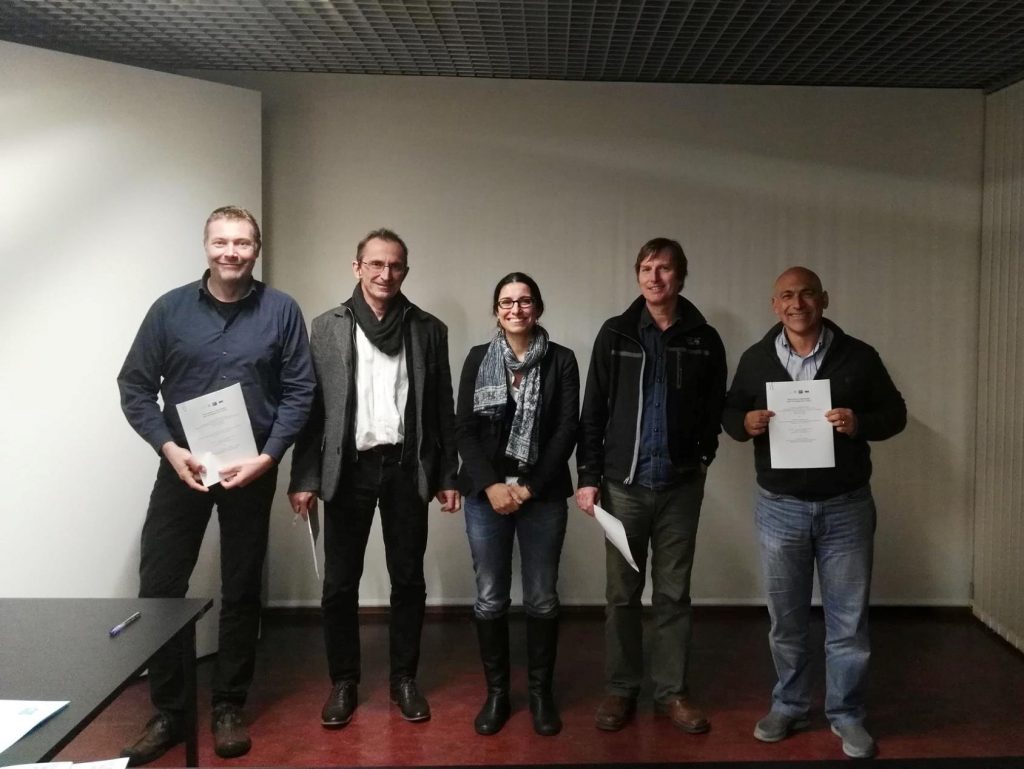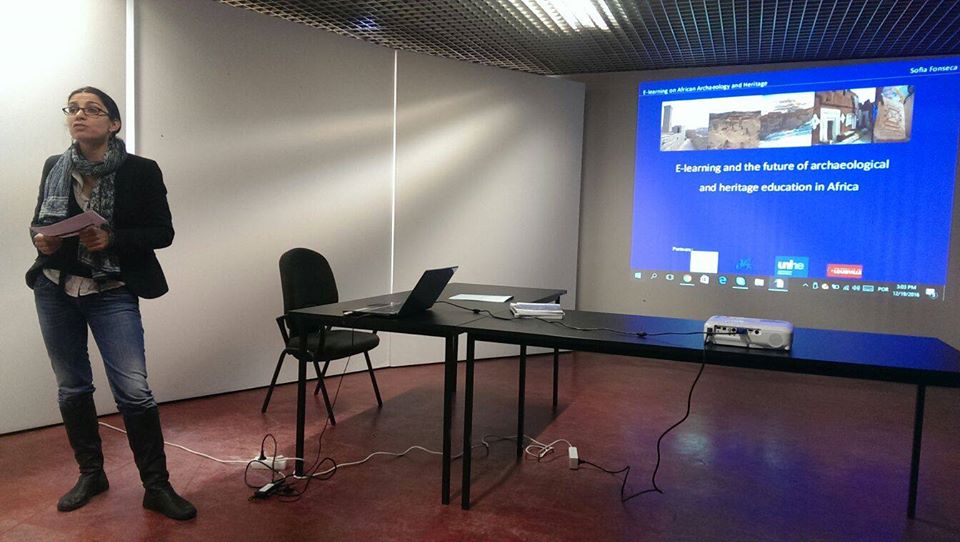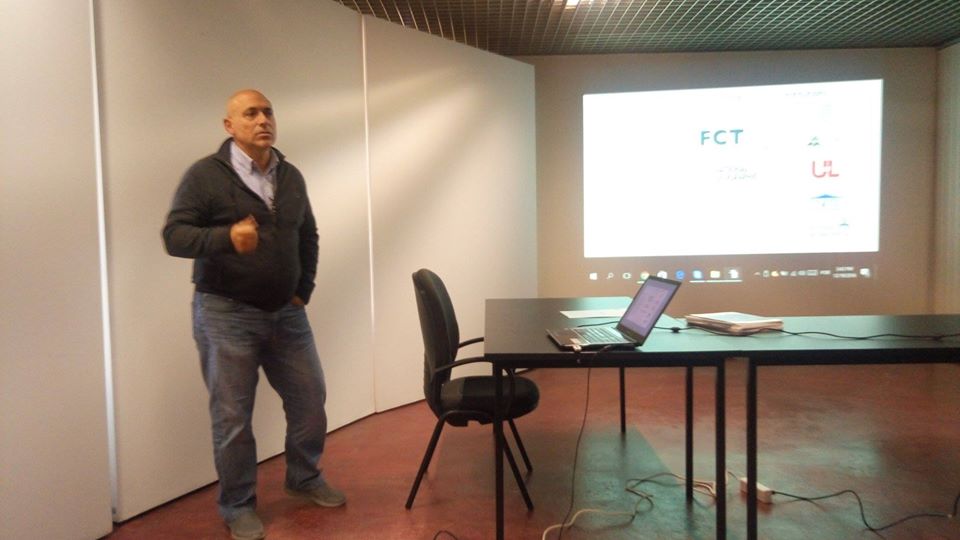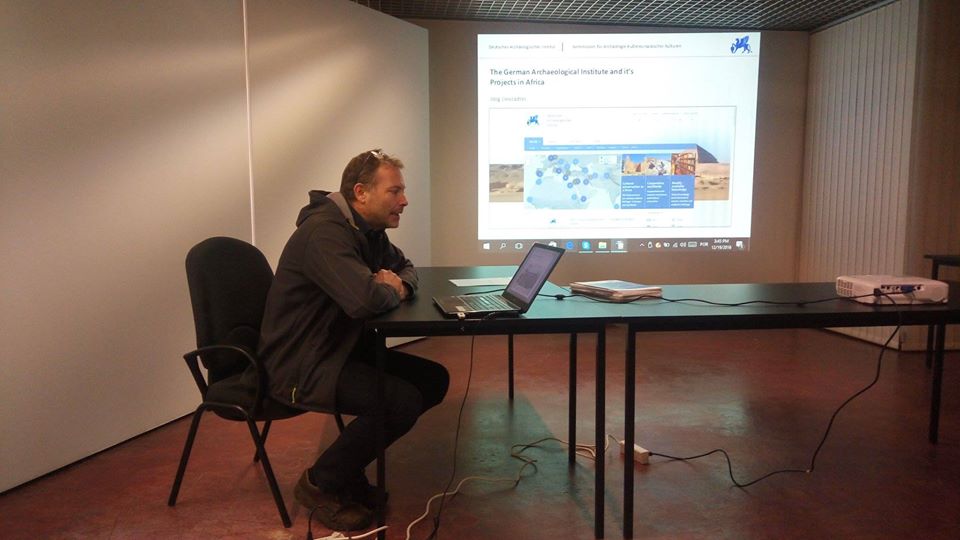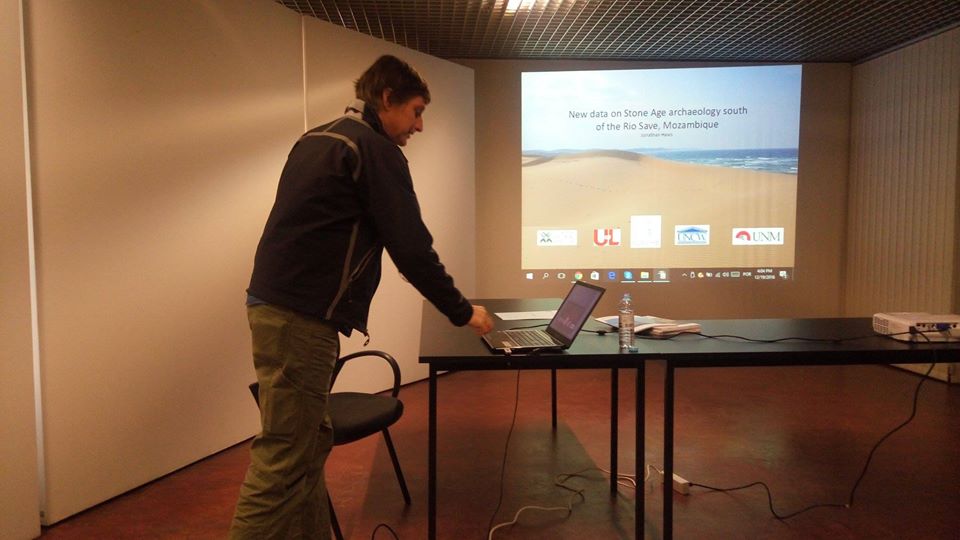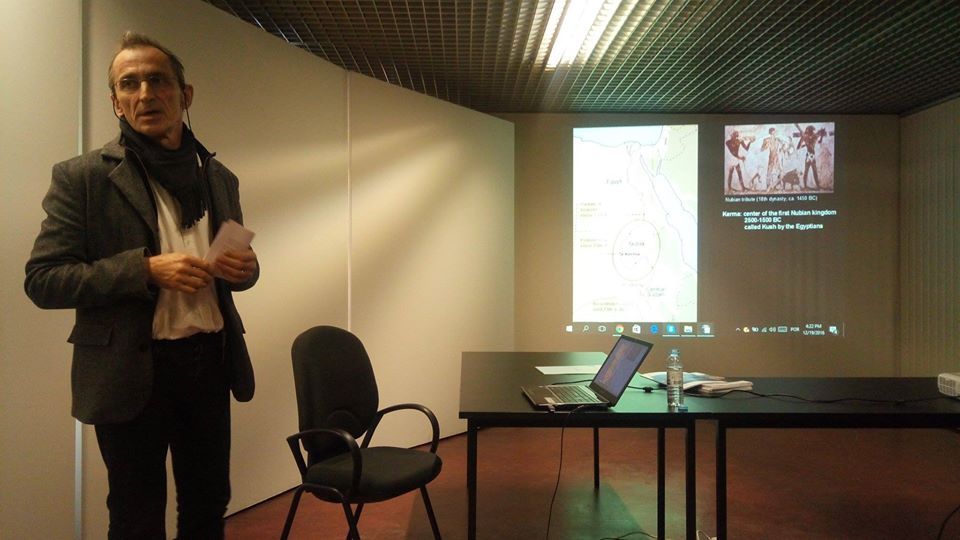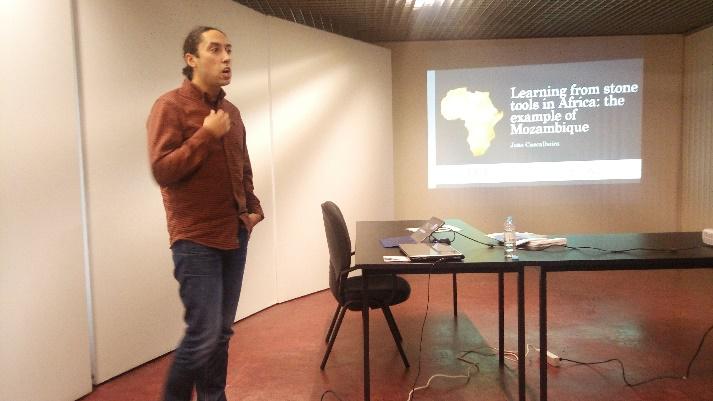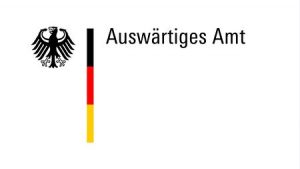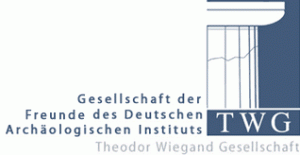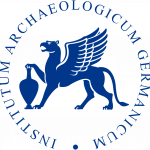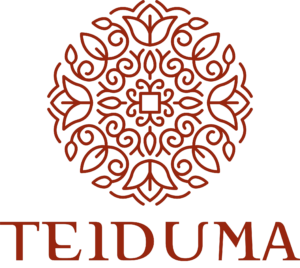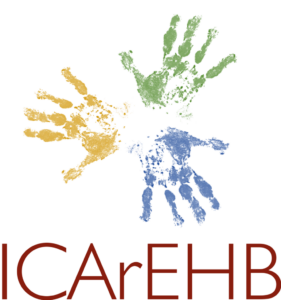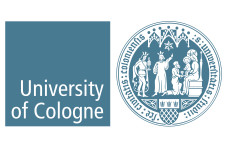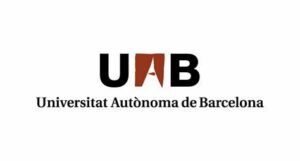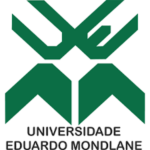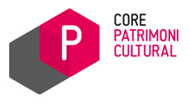Definitely, 2018 was a big year for the ONLAAH project! In March we had the general meeting of TANA- TransArea Network Africa, in Egypt, on the beautiful city of Aswan.
We presented our projects to our DAI colleagues and start filming some videos for the MOOC, with the team from MomentMal TV. We filmed a general introduction to the course and some interviews with DAI researchers working in Africa.
These first movies are very important to us because they will establish the ‘formula’ for the MOOC visual and the way we approach learning.
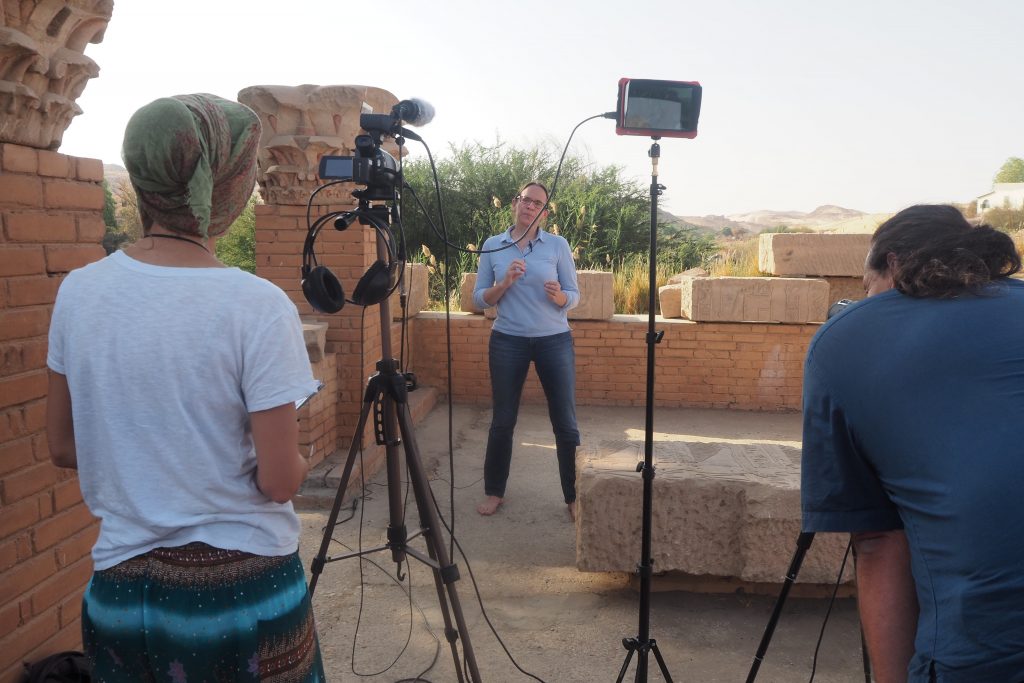
Alexa Höhn. Filming the movie on Anthracology. 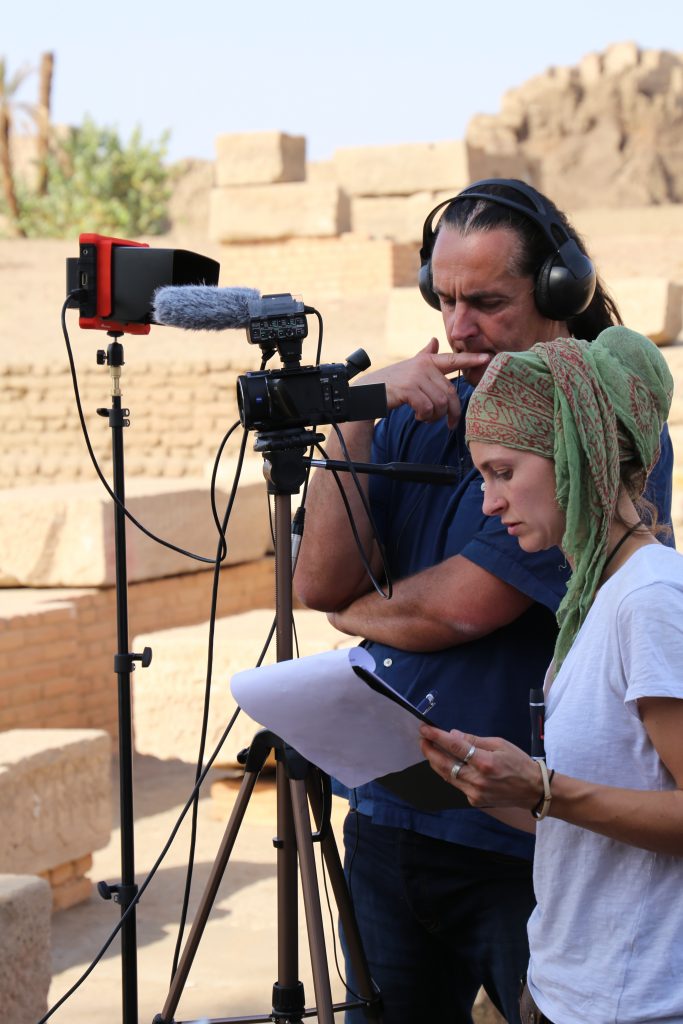
The team from MomentMal TV. 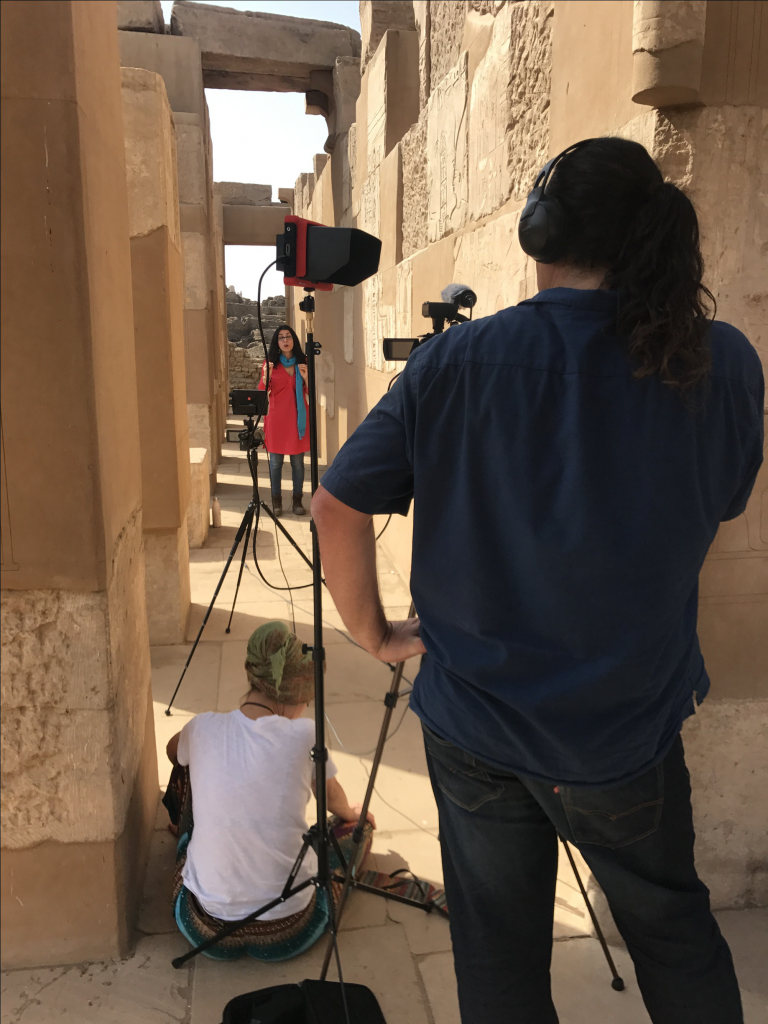
Sofia Fonseca. Introduction to the course and the ONLAAH platform.
A couple of months later, in May, we meet again in Berlin to finish the movies with Michèle Dinies, on Pollen analysis, and Philipp von Rummel, on the TANA network.
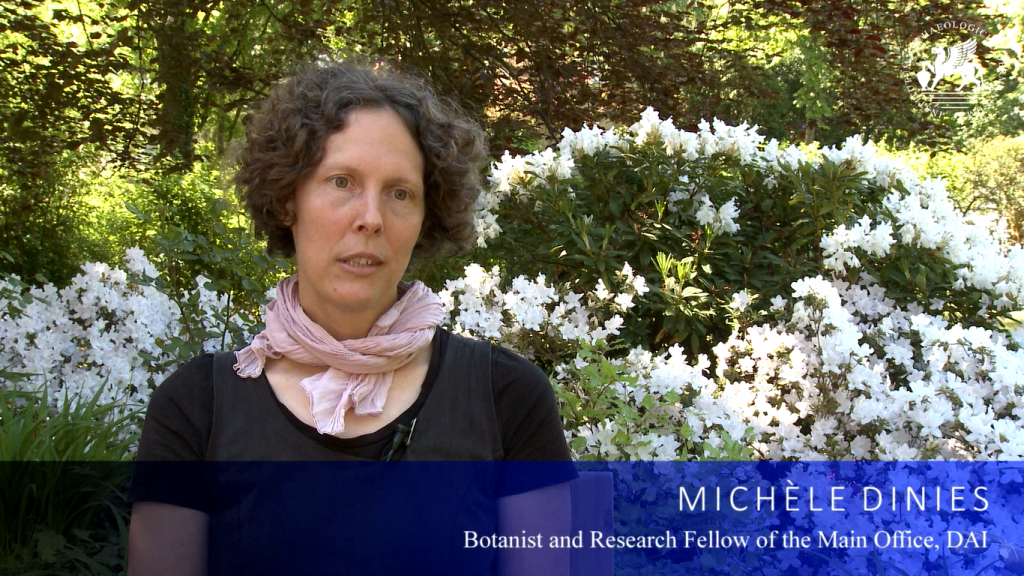
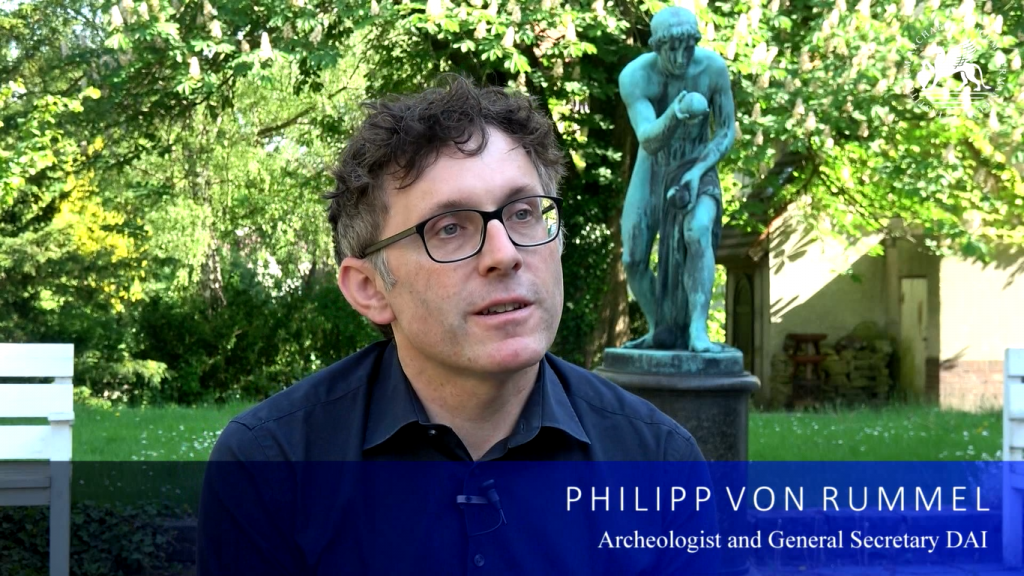
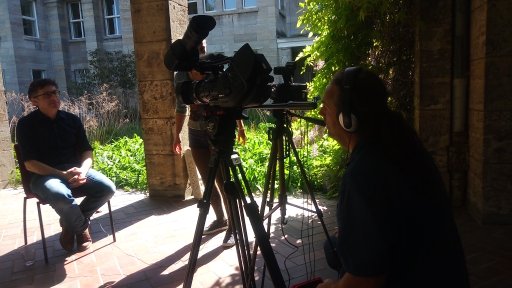
Philipp Von Rummel at the DAI- Berlin
Later in September, we were in Barcelona to present ONLAAH, at the “24th Annual Meeting of the European Association of Archaeologist: Reflecting Futures”. We organized the session 481, “Traditional and (Alternative) New Media: Different Ways to Communicate upon Archaeology”, where apart of ONLAAH many other projects related with new ways of communicated and related with the public were explored.
In our presentation titled: Why Archaeology Matters? Digging up Archaeology’s Role in Modern Societies”, we summarized our project trajectory and results till now, our main goals to the future and the next steps to take us there.
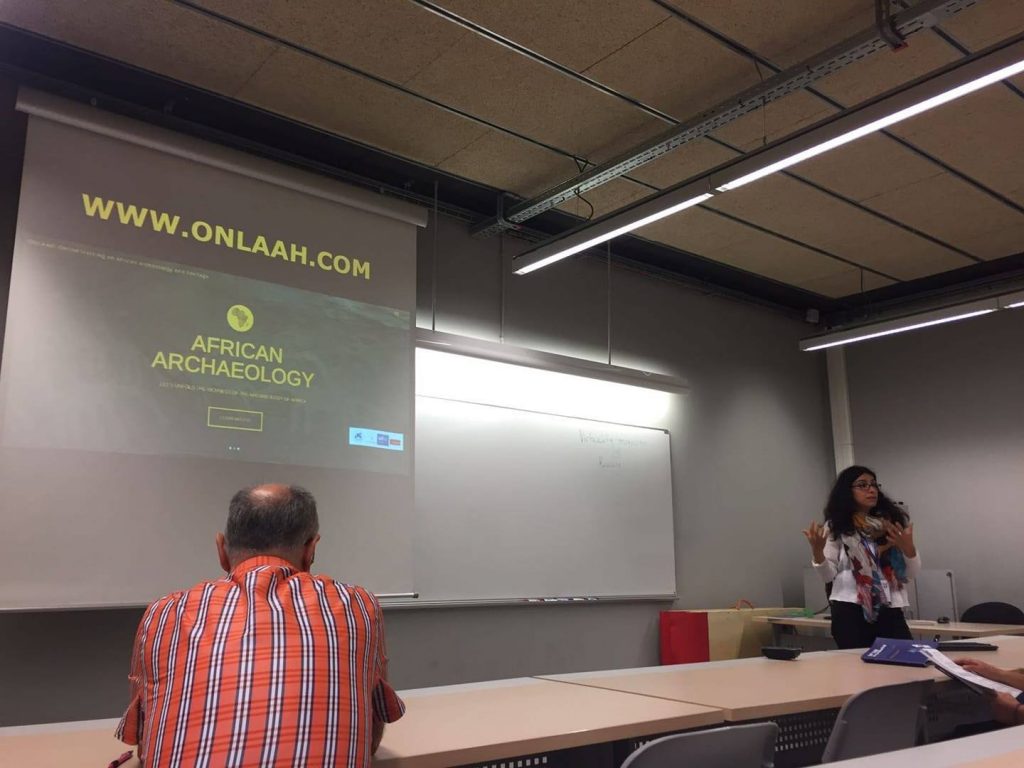
Sofia Fonseca presenting the ONLAAH platform. 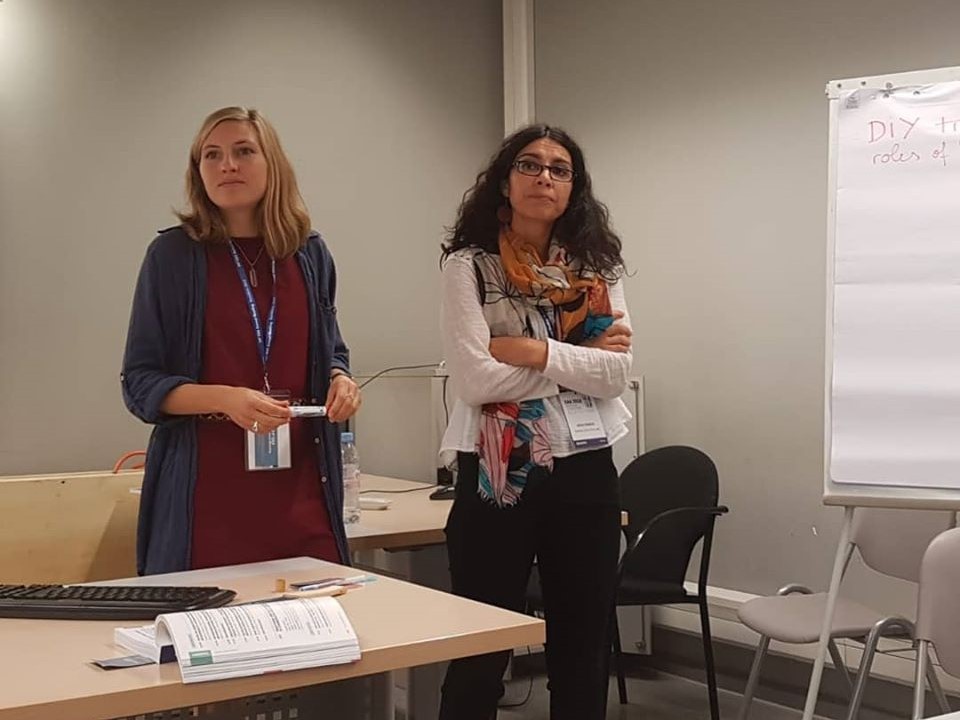
Sofia with Ellinor Dunning, moderating the session.
Finally, in November, we travel to Neuchâtel to meet with ONLAAH founder, Matthieu Honegger and present our project on the DARIAH- Digital Research Infrastructure for the Arts and Humanities, workshop at Neuchâtel University.
The workshop was very interesting with many research projects from Switzerland and around the world, using digital resources apply to Humanities.
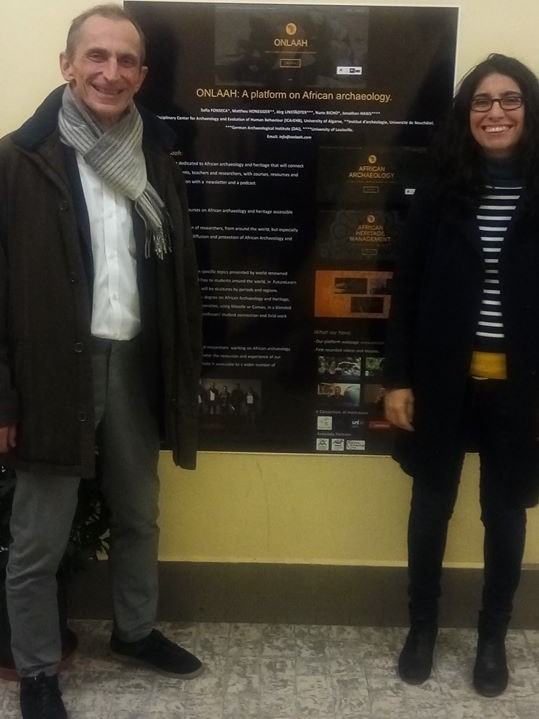
Matthieu Honegger and Sofia Fonseca. 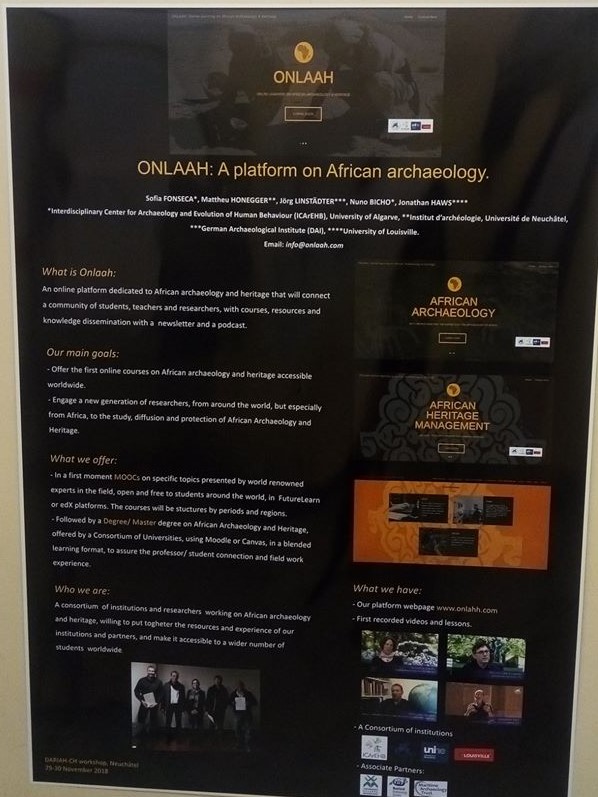
The ONLAAH poster. 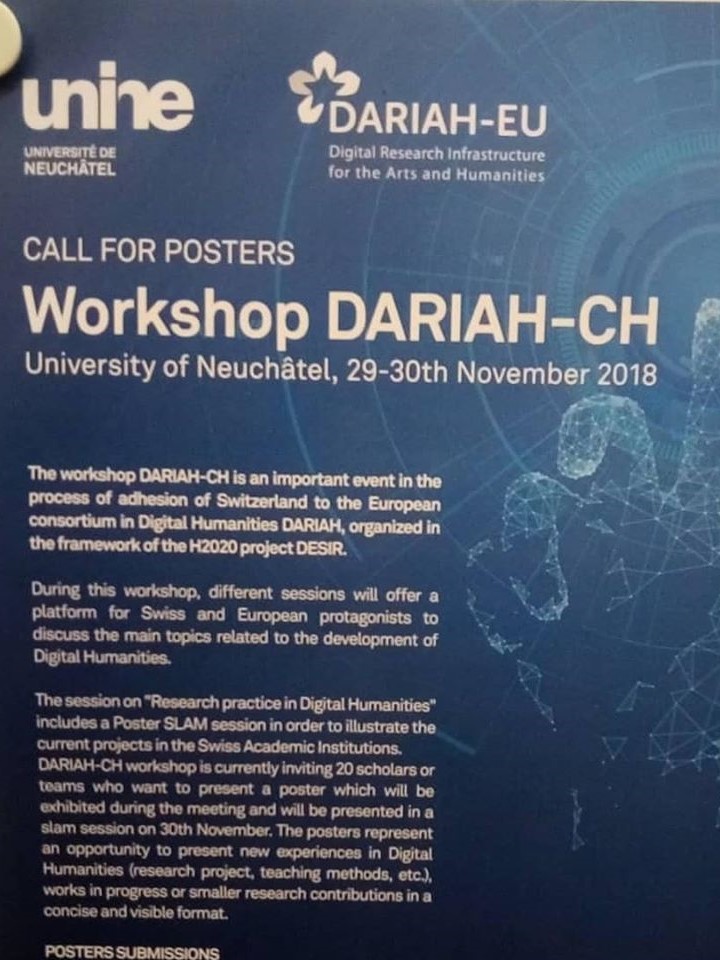
The DARIAH workshop program.
Author: Sofia Fonseca
